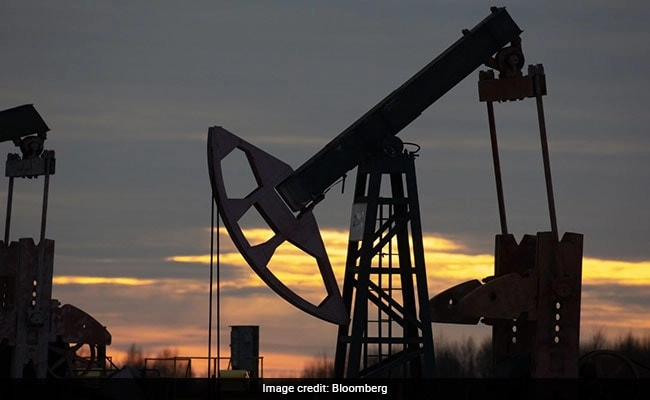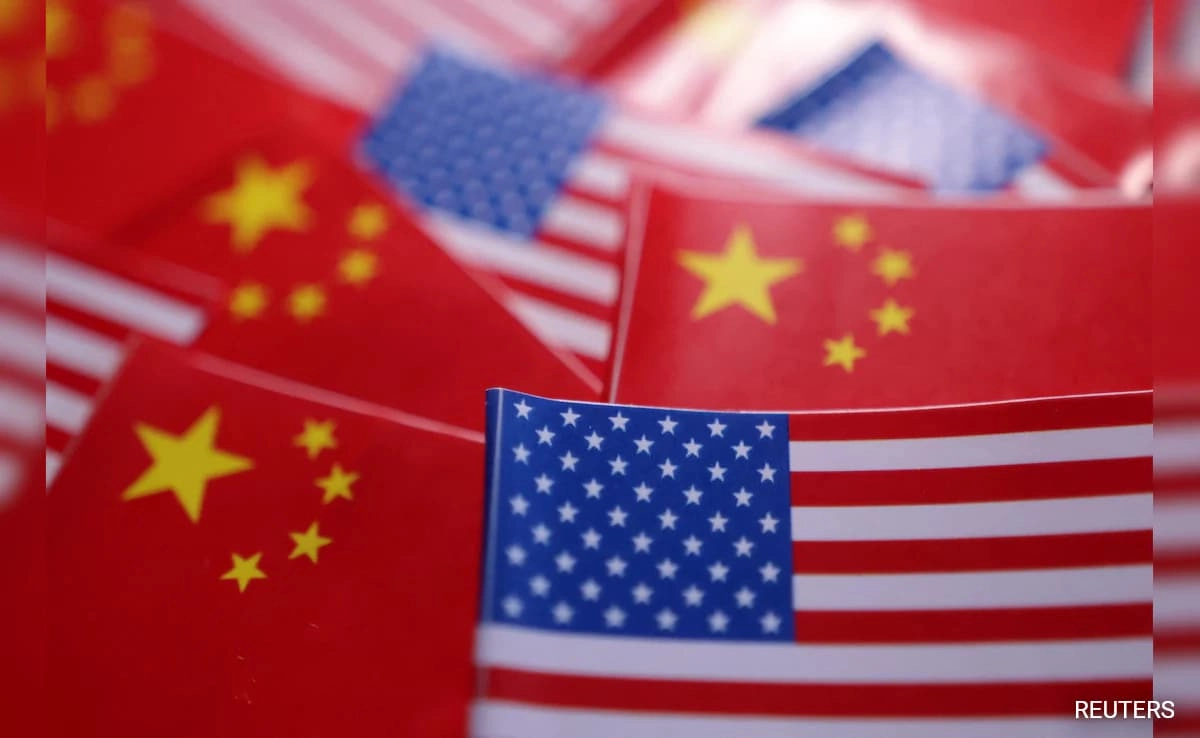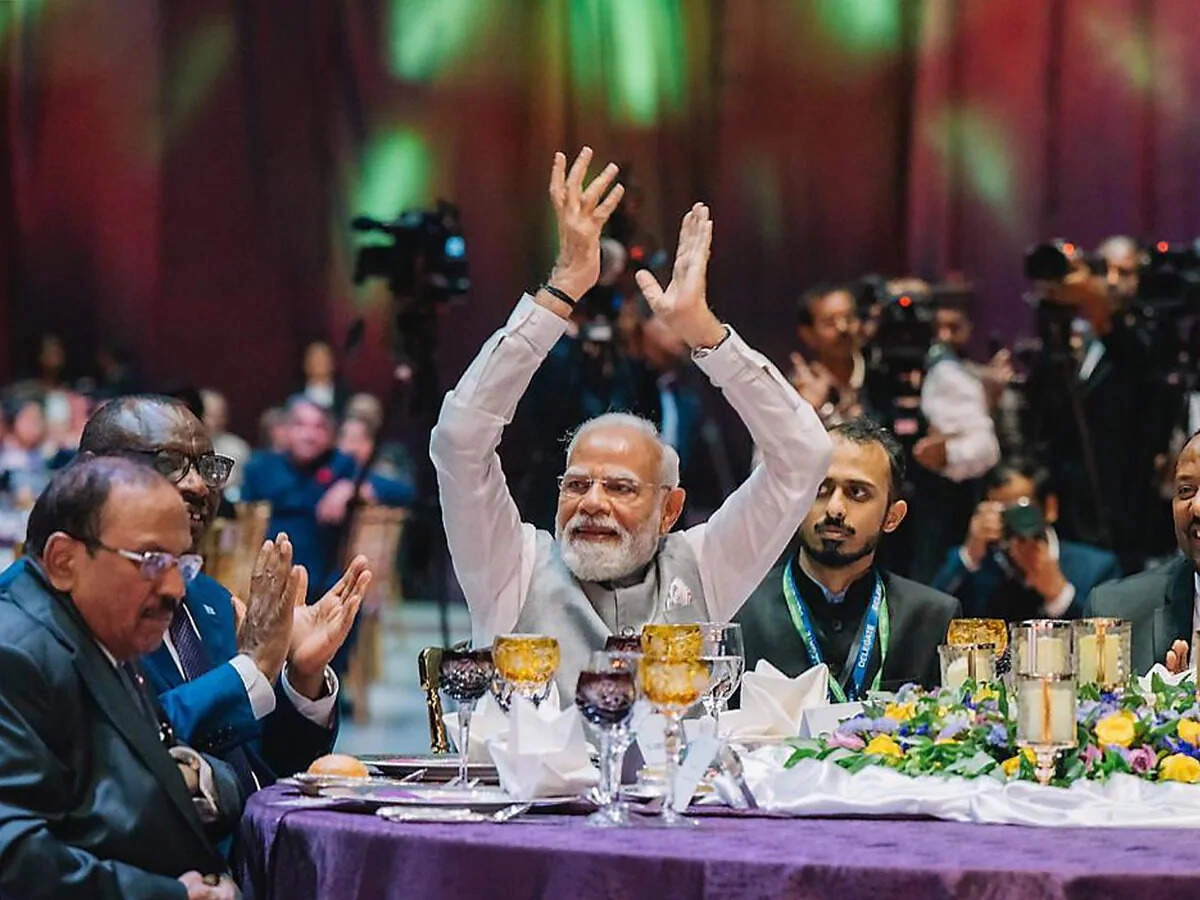In recent developments, Taiwan has emerged as the largest importer of a specific crude oil product from Russia, surpassing other nations in this sector. This shift in trade dynamics highlights the evolving geopolitical landscape and the intricate web of energy dependencies that countries navigate. Taiwan’s increased imports signify a strategic move to secure energy resources amid fluctuating global oil markets and ongoing tensions in the region. By prioritizing Russian crude, Taiwan aims to bolster its energy security, ensuring that it has a stable supply to meet its domestic needs.
India, traditionally one of the largest consumers of crude oil, has now taken the position of the second-largest importer of this particular product from Russia. This change reflects India’s growing energy demands and its quest for diversification of sources to mitigate risks associated with relying on any single supplier. The geopolitical implications of these shifts are profound, as they indicate a realignment of trade relationships in response to sanctions and international pressures. Both Taiwan and India are navigating complex diplomatic waters while trying to secure their energy needs, showcasing their resilience in adapting to the rapidly changing global energy landscape.
The increased imports of crude oil products from Russia by both Taiwan and India also raise questions about the long-term sustainability of these relationships. As countries seek to balance their energy needs with international diplomatic considerations, the reliance on Russian oil could have repercussions in their foreign policy. This scenario presents a dilemma for both nations: while Russian oil provides immediate benefits in terms of energy supply, the associated geopolitical risks may compel them to explore alternative sources in the future.
Moreover, this trend highlights the significant role that energy plays in international relations. The competition for energy resources often influences diplomatic ties and can lead to shifts in alliances. As Taiwan and India bolster their imports of Russian crude, it will be essential to monitor how these developments impact their relationships with other key players in the global energy market, as well as how they navigate the complexities of international sanctions and geopolitical tensions. Overall, this situation serves as a reminder of the interconnectedness of global energy markets and the intricate balance that countries must maintain in pursuit of energy security.




